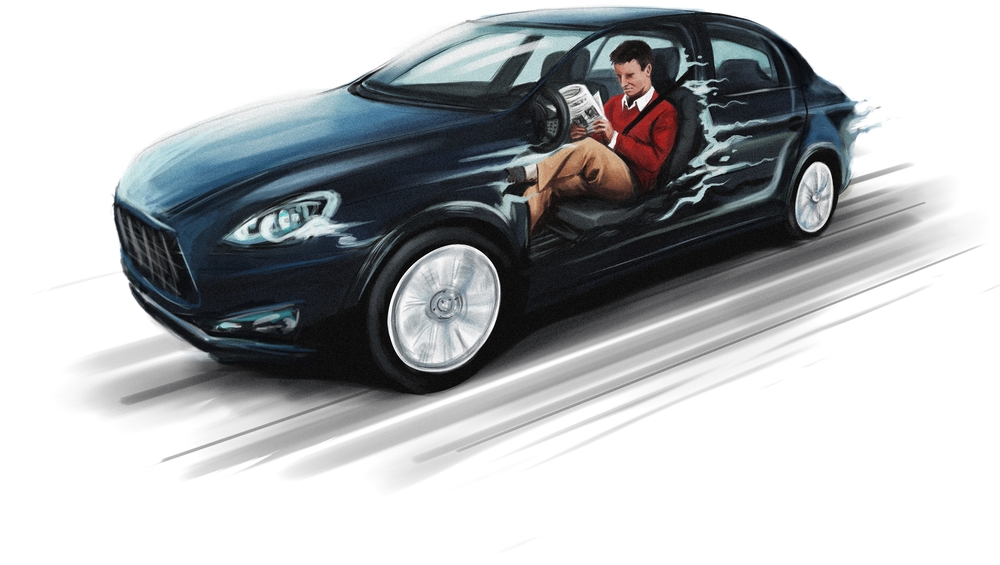And work to develop a ‘self-healing’ mobile network could even mean signal blackspots in rural areas are consigned to history as part of the SELFNET project, which is underpinning the development of the new 5G mobile network.
Led by researchers Dr Jose Alcaraz-Calero and Dr Qi Wang at UWS, the SELFNET project promises to deliver dramatic improvements to quality of user experience, reliability and security – unlocking a wealth of new possibilities.
Dr Alcaraz-Calero said: “Put simply, SELFNET will allow 5G networks to make possible things that would have been considered science fiction just a few years ago.
“Unprecedented reliability and stability will transform the way we think about mobile networks. For example, the ‘self-healing’ part of the network will ensure stable connectivity even when on the move – making driverless cars a realistic mainstream possibility.
“Improved bandwidth and reliability means digital-health, including mobile surgery, becomes viable, potentially dramatically improving the delivery of healthcare to remote areas.”
Dr Wang added: “Of course, the improvement to ordinary phone users would also be vastly improved. HD video streaming and conferencing would become a much more enjoyable experience, even when travelling, through self-optimisation.”
The ‘self-healing’ aspect of the project will mean being unable to make phone calls from popular events such as football matches will be a thing of the past, with the intelligent software able to predict peaks in demand and allocate bandwidth in advance.
And hackers aiming to take down networks will be cut off in their prime, with the ‘self-protection’ in the 5G system able to track denial of service attacks, known as DDoS, and shut down suspicious connections before they have a chance to cause damage.
Dr Wang said: “We are tremendously excited by the potential SELFNET and 5G can offer, not just for users, but for the development of new technologies that are impossible with our current infrastructure.
“Substantially reduced networking costs and a much quicker process to unroll new services means we can only imagine the potential applications this new network could deliver, but our core consideration at this stage is delivering a vastly improved user experience that takes us into the next generation of mobile services.”
SELFNET is one of 19 schemes taking place across Europe to design the cutting-edge 5G network and consists of partners from seven different countries: the UK, Germany, Greece, Italy, Israel, Portugal and Spain.
The development project, funded by the EU’s Horizon 2020 programme, will run for three years.




